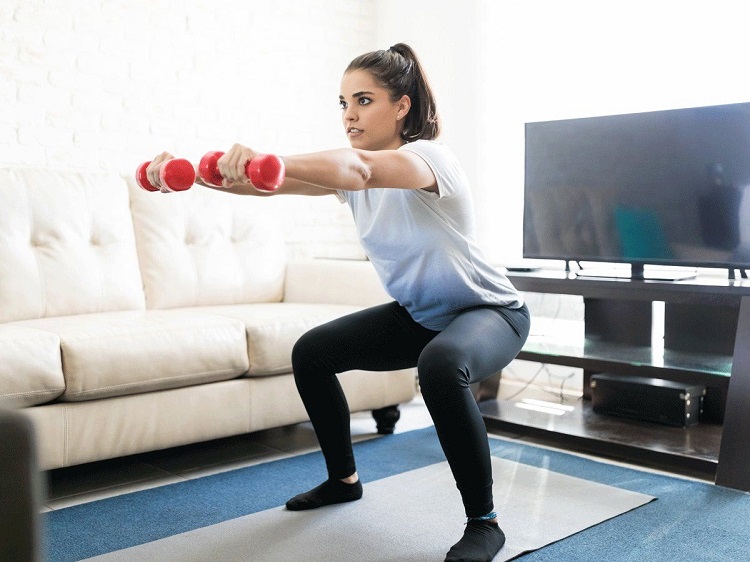
Joondalup: Breast cancer is the most common disease that affects women; one in eight Australian women will be diagnosed by the time they are 85 years old.
The findings of the study were published in Breast Cancer.
Radiotherapy has emerged as an important component of breast cancer treatment but can lead to cancer-related fatigue and negatively impact patients' health-related quality of life including their emotional, physical and social well-being.
However, latest research by Edith Cowan University (ECU) has revealed exercise may make radiotherapy more tolerable for patients.
ECU's Exercise Medicine Research Institute included 89 women in the study, with 43 completing a home-based 12-week program, consisting of a weekly exercise regime of one to two resistance training sessions and an accumulated 30-40 minutes of aerobic exercise.
The remaining patients were a control group who did not participate in the exercise program.
Researchers found patients who exercised recovered from cancer-related fatigue quicker during and after radiotherapy compared to the control group and saw a significant increase in health-related quality of life post radiotherapy.
No adverse effects from the exercise were reported.
Study supervisor Professor Rob Newton said this showed home-based resistance and aerobic exercise during radiotherapy is safe, feasible and effective in accelerating recovery from cancer-related fatigue and improving health-related quality of life.
"A home-based protocol might be preferable for patients, as it is low-cost, does not require travel or in-person supervision and can be performed at a time and location of the patient's choosing," he said. "These benefits may provide substantial comfort to patients."
Important changes
Australia's current national guidelines for cancer patients recommend moderately intense aerobic exercise for 30 minutes per day, five days a week, or vigorously intense aerobic exercise for 20 minutes a day for three days a week.







